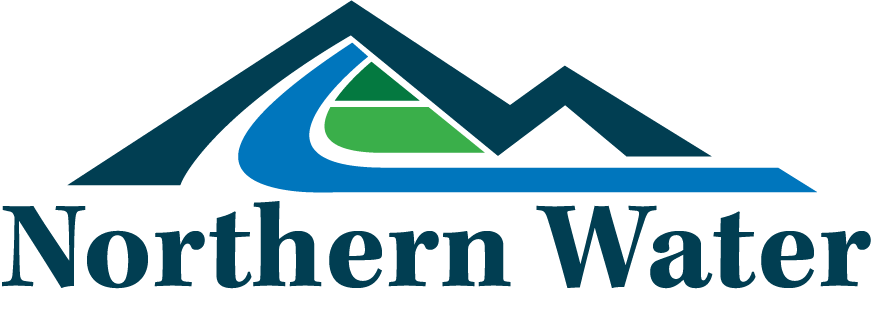Smart System Management
A well-designed irrigation system is only as good as its management. To get the most out of your setup:
- Adjust irrigation controllers seasonally to match plant needs.
- Conduct irrigation audits to measure efficiency and identify needed repairs.
- Improve coverage by fine-tuning sprinkler placement and spray patterns.
Water Wisely
Successful irrigation isn’t just about how much water is applied, it’s about when and how.
- Irrigate at night (between 9 p.m. and 7 a.m.) to reduce evaporation and wind interference.
- Use cycle-and-soak watering, breaking up watering times to allow soil absorption and prevent runoff.
- Space out watering sessions, encouraging plants to develop deeper root systems for drought resilience.
- Adapt to seasonal changes, reducing watering frequency in spring and fall to prevent overuse.
Take Advantage of Irrigation Assessments
Many local water providers offer free or low-cost irrigation efficiency assessments. These evaluations can help identify ways to optimize your system and reduce water waste. By incorporating these strategies, you’ll not only maintain a healthy landscape but also contribute to sustainable water use. Smart irrigation practices save money, protect the environment and ensure plants thrive through the growing season. Make this the year your irrigation system works smarter, not harder.

